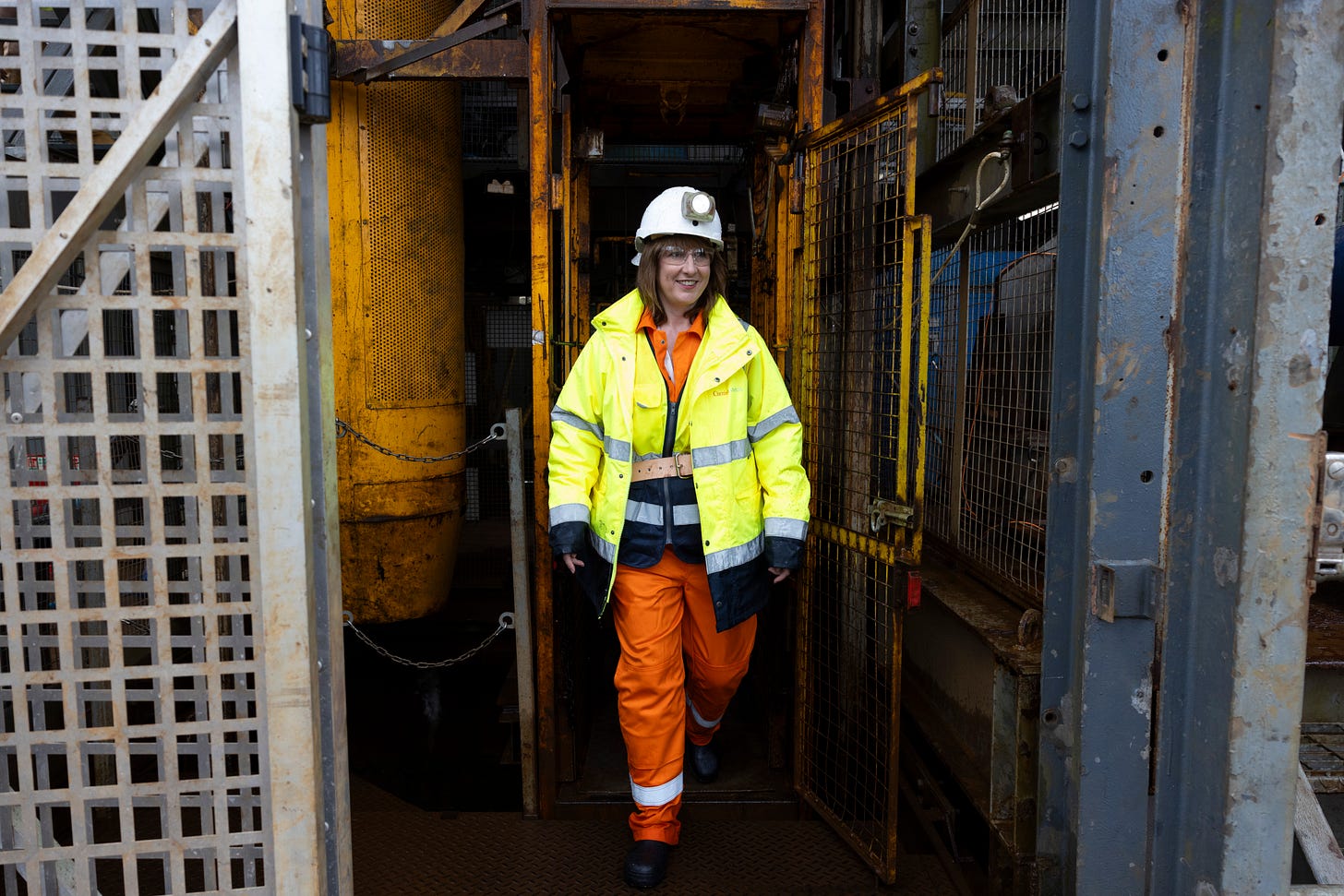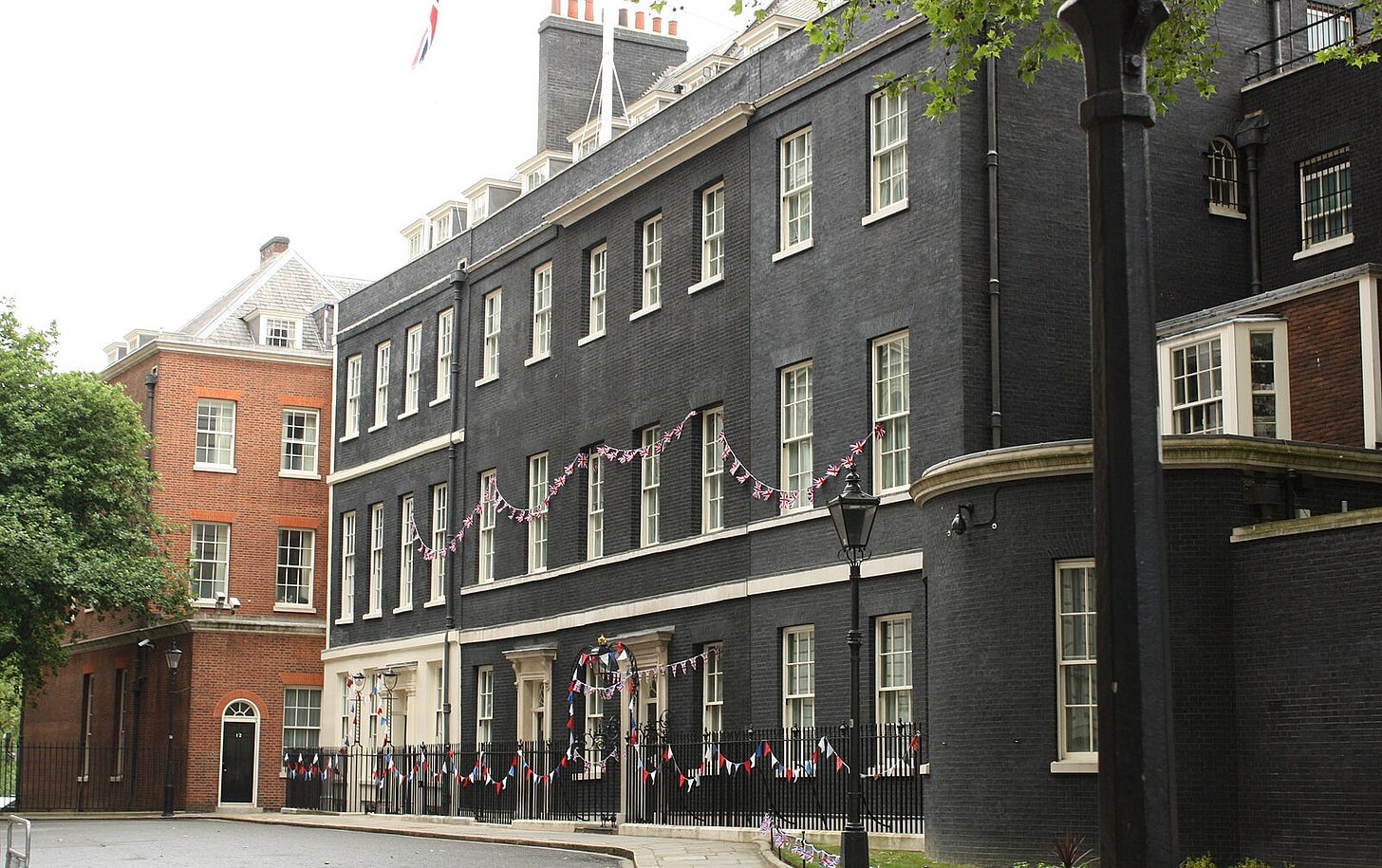There's no painless way to raise taxes
Avoiding hard choices is starting to hurt Labour more than making them
Overseeing the UK economy is difficult at the best of times, and these are anything but. With sluggish growth, lingering inflationary pressures and mounting geopolitical uncertainty, every policy choice feels precarious. Still, it is important not to feel too sorry for Rachel Reeves. The chancellor has backed herself into a corner by repeatedly refusing to pull the three biggest levers at her disposal: income tax, national insurance and VAT.
The result has not only left the government scratching around for relatively small — and often politically painful — pots of money. It has also threatened to undermine what is, I believe, still the government’s top priority: growth.
Take the single most significant revenue raiser from last year’s Budget: the increase in employer national insurance contributions, from 13.8% to 15%1. Politically, the government just about got away with it, claiming the policy did not break its manifesto commitment, because the tax was not paid by ‘working people’. Economically, it does not appear to have been so fortunate.
The Financial Times reports today on various business surveys which suggest that UK employers are slowing down hiring, in large part due to the increase in national insurance contributions. They are not alone in their concern. In a speech last month to the British Chamber of Commerce 2025 Global Annual Conference, Bank of England governor Andrew Bailey cited the tax rise, warning:
Firms’ margins are the first to adjust. But I am beginning to hear a bit more evidence of adjustments through pay and employment.
The fact that taxes impose costs on an economy is scarcely surprising. Indeed, back in the autumn, the Office for Budget Responsibility said that while it expected the rise in employer NICs to bring in between £23.8bn and £25.7bn a year, it would also “reduce labour supply by around 0.2 per cent, or a little over 50,000 on an average-hours equivalent basis, by 2029-30”, evenly split between a reduction in employment and a reduction in hours by those who stay in work.
To be clear, this does not necessarily make the employer NICs rise a mistake. But it illustrates the central dilemma Labour faces: it needs to raise money — and fast — but every option comes with its own economic risks. Consequently, refusing to raise the big taxes does not avoid pain; it just shifts it somewhere else.
Tax rises are coming to a revenue stream near you
Last week, the National Institute of Economic and Social Research said in its economic outlook that the chancellor was “not on track” to meet the ‘stability’ part of her fiscal rules, forecasting a current deficit of £41.2bn in 2029-30. The report warned that “substantial adjustments in the Autumn Budget will be needed”, which is not so subtle code for tax rises. In response, Keir Starmer said he did “not recognise” the figures, which is politics for ‘I don’t like those figures’.
Plainly, there would be a large political cost attached to any decision to break the manifesto commitment not to raise income tax, national insurance or VAT. Labour should not have made the promise, but having done so, it is felt to be doubly disingenuous to break it. This reminds me of what the historian Andrew Roberts said of Winston Churchill’s view on Suez: “He wouldn’t have had the courage to go in. But once he had gone in, he wouldn’t have had the courage to come out.”
Helpfully, the government can tap alternative sources, such as fuel duty, gambling levies and extending the freeze on income tax thresholds. But that may not prove sufficient.
Don’t raise taxes enough and the markets will take fright, the cost of borrowing will rise and you’ll have to let even more inmates out of overcrowded prisons. But raise the ‘wrong’ taxes and you weaken the jobs market, deter business investment, scare off the wealthy and generally fail to foster the sort of real-wage growth that voters might actually reward at the ballot box.
You were looking for a solution? Well, Starmer and Reeves could consider discovering North Sea Oil again. In lieu of that, just raise income tax. It will be politically and economically painful, but then again, so are all the alternatives.
This also included a cut in the secondary threshold — the point at which employers become liable to pay NICs on employees’ earnings — from £9,100 a year to £5,000 a year as well as an increase in the Employment Allowance






She has backed herself into a corner in more ways than just the manifesto commitment about not raising "the big three". For instance, when she followed up her budget with a statement that "I’m really clear I’m not coming back with more borrowing or more taxes" (for the whole parliament) - an entirely unforced error.
There is a political consensus that welfare is the spending area to go after. You don't necessarily need to impose cuts, you can change process. For instance claimants are allowed to claim by phone - this could be stopped, without notionally changing the amounts people receive. Jeremy Hunt also makes a good suggestion that you could mitigate mental health issues with proven NHS care programmes that are a fraction of the welfare cost, and work far better.
As Chris Faux suggests, the fuel duty escalator should be allowed to happen. Fuel prices have fallen, and these duties are very consistent with the Net Zero agenda.
The reforms California are making to make it harder for NIMBYs to block planning are interesting - and look far more concrete and plausible than anything proposed by Reeves' colleagues. These sorts of reform are 'free', and would unlock investment / spending.
There are ways to drive growth without raising taxes or borrowing.... but they will need the Labour backbenchers to actually support the government.
She should equalise CGT with income tax: c. £16 bn. And get retired people with income over the NI threshold (like me) to pay the 8% that employees have to pay (£5bn?). Begin restoring fuel duty by adding 5p to a litre of petrol (£2.5bn). I accept that the above estimates take no account of behavioural changes that might happen as a result.